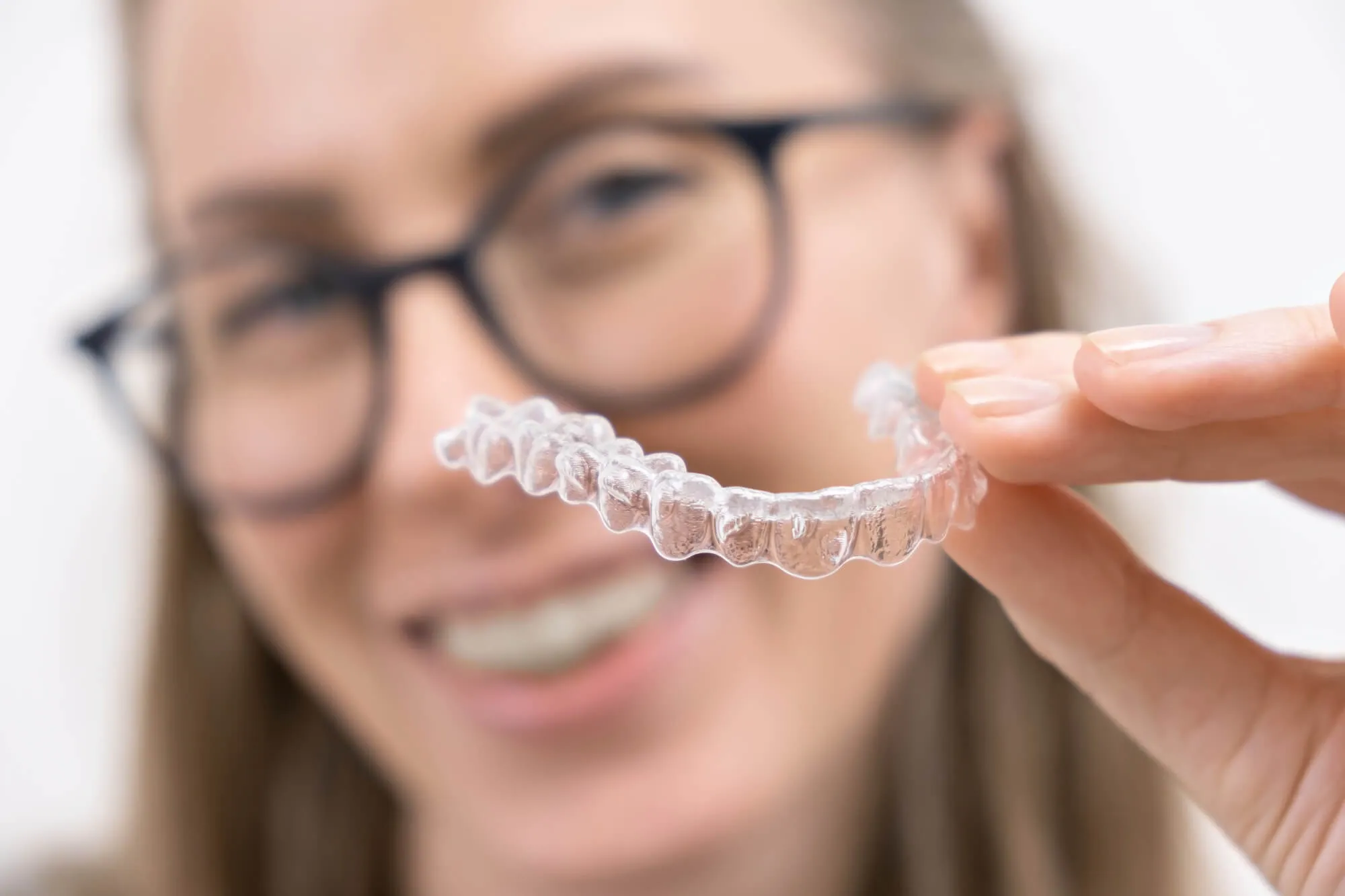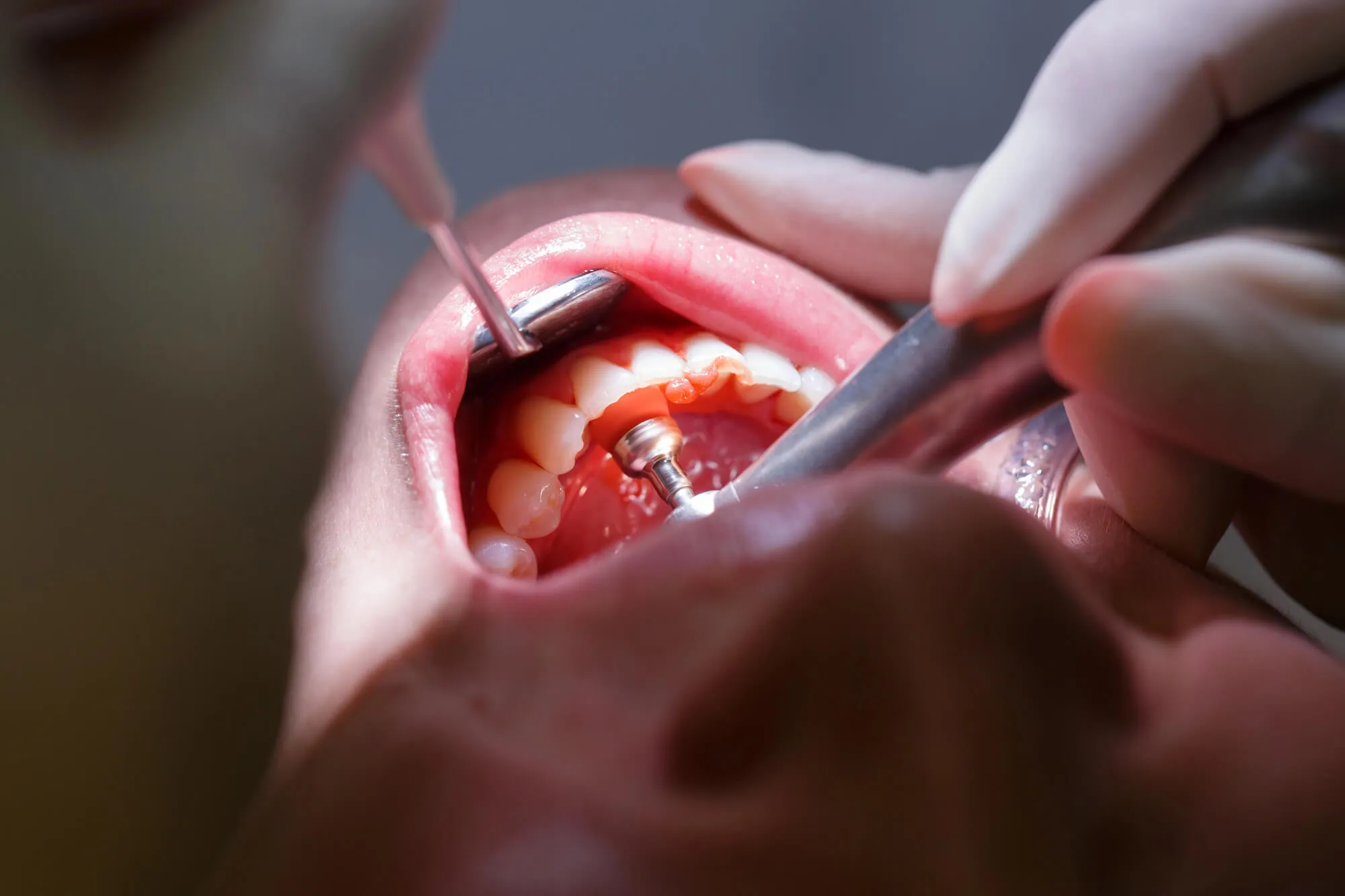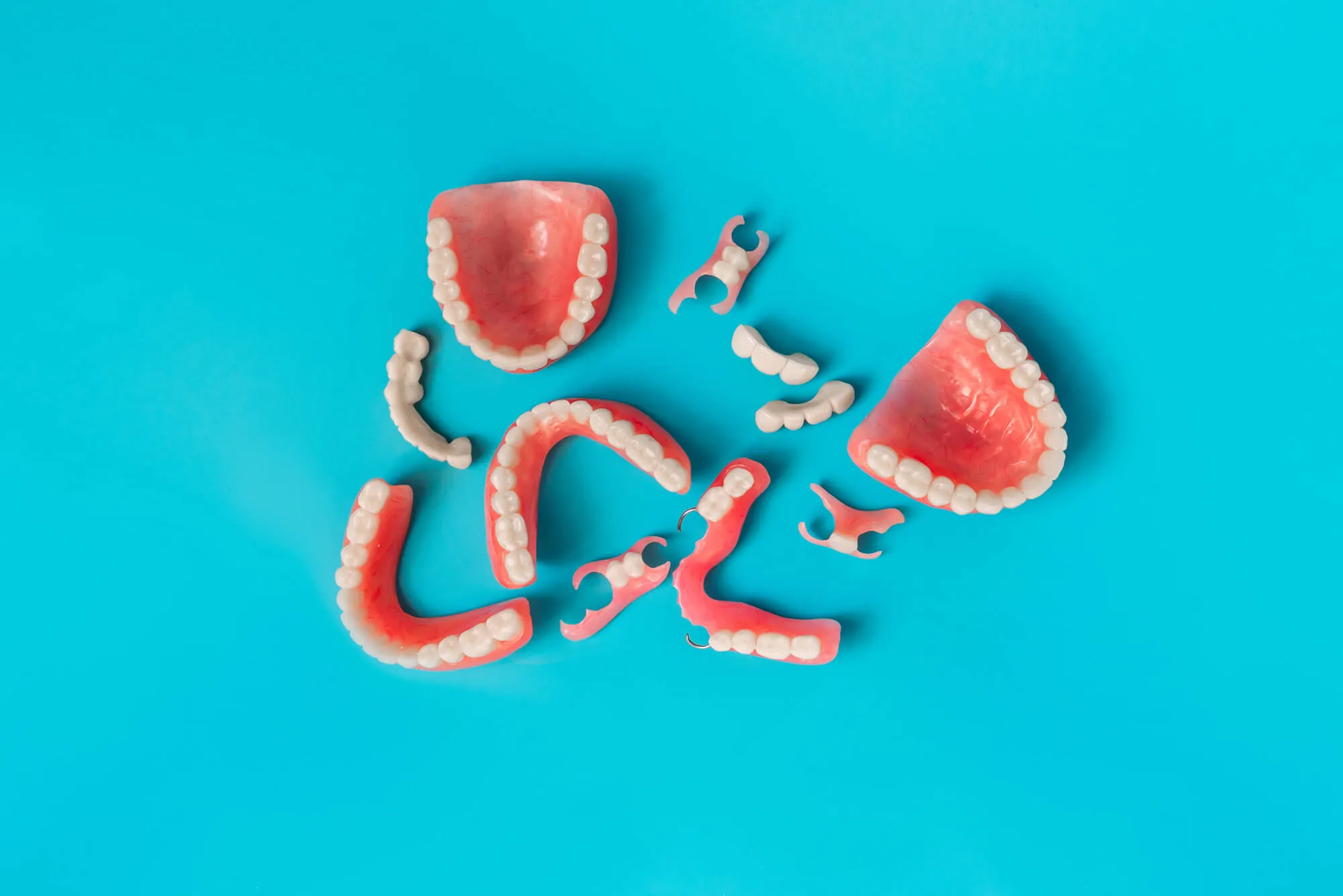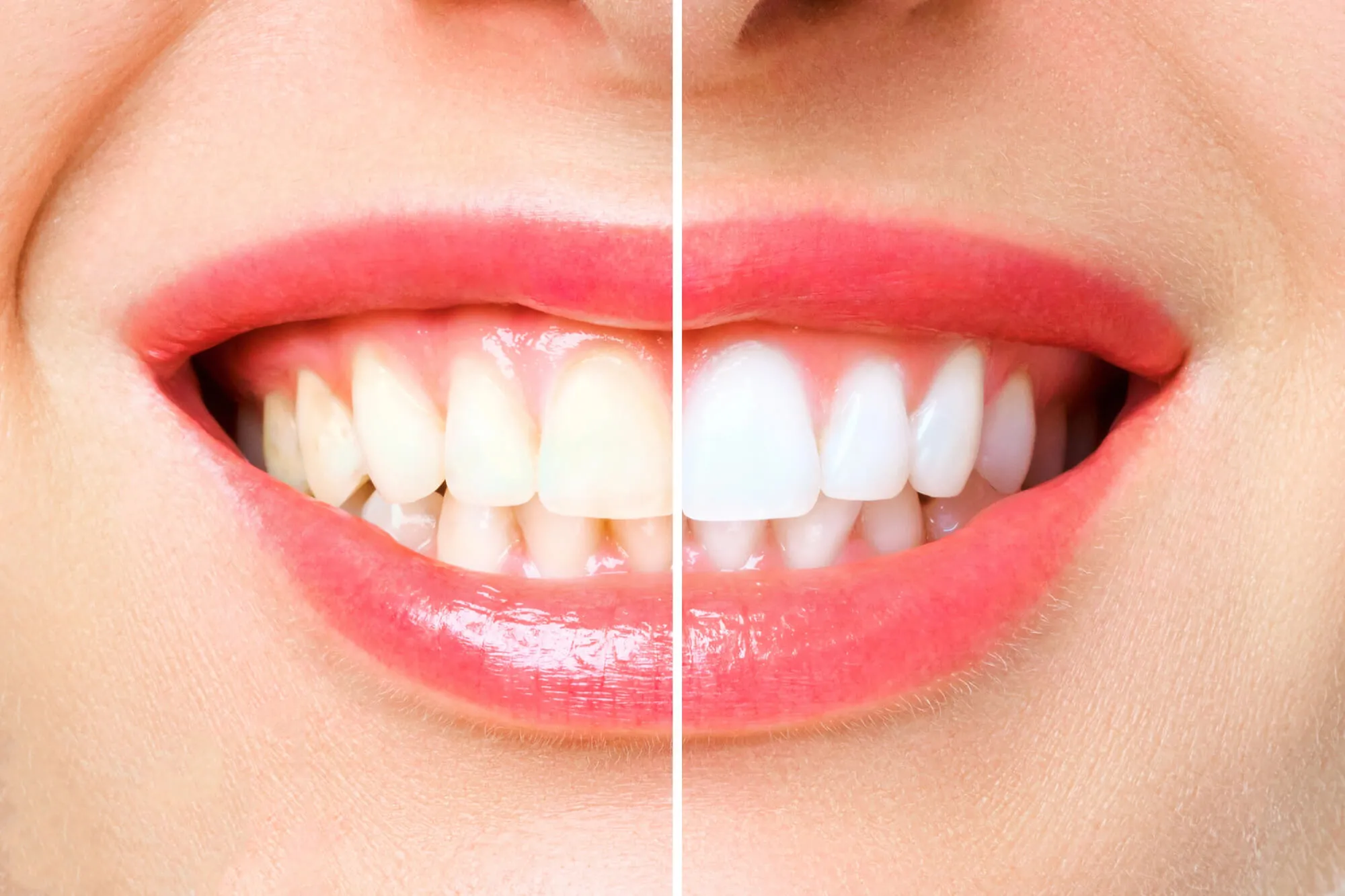Cavity Catastrophe: The Impact of Untreated Tooth Decay on Overall Health

Tooth decay isn't just a minor inconvenience – it can escalate into a cavity catastrophe if not treated promptly. A small cavity might seem trivial to some, but its impact on overall health can be surprisingly significant. While regular brushing and flossing are important, these alone won't guarantee immunity from dental caries, also known as cavities.
Understanding how untreated tooth decay can lead to more serious health problems is crucial, and why seeing a dentist in Fort Lauderdale for regular checkups is essential.

The Effect of Untreated Cavities on Health
What are Cavities?
Cavities, also known as dental caries or tooth decay, are damaged areas in the hard surface of your teeth that develop into tiny openings or holes. Cavities are caused by many factors, including bacteria in your mouth, frequent snacking, sipping sugary drinks, and not cleaning your teeth well.
The process begins when plaque, the sticky film of food debris, bacteria, and saliva, forms on your teeth. When you consume foods or drinks containing sugars, the bacteria in plaque produce acids that attack tooth enamel.
Over time, this can lead to a small hole in a tooth, known as a cavity. If left untreated, cavities can grow and affect deeper layers of the teeth, leading to severe toothache, infection, and even tooth loss. They are among the world's most common health problems and can occur at any age.
What Happens When Cavities Are Ignored?
When cavities are ignored, they don't stay the same size; they get worse, and the decay progresses. This growth can lead to significant toothaches as the decay reaches deeper into the tooth, affecting the nerves. If left unaddressed, this process can result in serious infections that may require a root canal or even lead to tooth loss.
The Onset of Pain and Discomfort
If you disregard a cavity, the decay may reach the sensitive nerve tissues, leading to inflammation and toothaches. This isn't a slight discomfort; it's a persistent pain that can affect your quality of life.
A severe toothache can hinder your ability to focus, sleep, and function normally during the day. Such pain often requires prompt dental intervention to alleviate and prevent further deterioration of dental health.
Infection: The Silent Threat
A cavity is more than just a hole in a tooth; it's a potential entry point for bacteria infiltrating the bloodstream, causing localized or systemic infections. An untreated cavity may lead to an abscess—a collection of pus indicative of infection.
These infections demand urgent dental care and can have serious repercussions if not treated swiftly, including the risk of spreading to other body parts.
Compromised Eating and Nutrition
Cavities can significantly affect your eating ability, especially when consuming certain foods causes pain. This may lead to avoiding various foods, potentially resulting in nutritional deficiencies. It's essential to address cavities promptly to maintain a balanced and healthy diet without discomfort or pain during meals.
Beyond the Mouth: Systemic Health Issues
Dental health is deeply connected to overall well-being. Research has linked poor oral health, including cavities, to systemic diseases such as heart conditions, diabetes, and respiratory issues. The inflammation and bacteria from untreated tooth decay can affect far more than your mouth, potentially worsening these chronic conditions.
The High Cost of Delay
Procrastination in treating cavities can lead to more than just physical pain; it can also hit your wallet hard. Early cavity intervention usually requires a simple filling, but neglect could result in the need for more complex and expensive procedures like root canals, tooth extractions, and subsequent dental implants or bridges. Thus, timely dental care is not only health-smart but also cost-effective.

Proactive Measures to Prevent Tooth Decay
Preventing tooth decay is about being proactive with oral health. Effective prevention includes regular dental hygiene practices, dietary choices, and dental visits. These steps can minimize the risks and help maintain healthy teeth.
- Embrace a Tooth-Friendly Diet: Choosing the right diet is essential for cavity prevention. Consuming calcium, phosphorus, and vitamin-rich foods strengthens enamel, while reducing sugary and acidic intake can prevent enamel erosion and subsequent cavities.
- Fluoride: The Protector of Teeth: Fluoride plays a critical role in preventing cavities by reinforcing tooth enamel and remineralizing early signs of decay, making regular use of fluoride products a cornerstone of oral health.
- Sealants: A Shield Against Decay: Sealants provide a protective barrier on molars, guarding against the accumulation of plaque and food particles that can lead to cavities, especially in hard-to-clean back teeth.
- The Power of Regular Dental Checkups: Routine dental checkups are vital for early cavity detection and intervention, ensuring minor issues don’t escalate into major oral health problems.
- Home Hygiene: Brushing and Flossing Fundamentals: Fundamental to decay prevention, brushing and flossing remove plaque and bacteria, the primary culprits behind tooth decay, emphasizing the importance of a thorough daily oral hygiene routine.
Addressing Tooth Decay: The Role of Your Dentist
Dentists are indispensable in the fight against tooth decay, providing more than just treatment; they're at the forefront of prevention and education. With regular check-ups, they can detect early signs of decay that may not be visible or painful yet, allowing for simpler and less invasive treatments.
The Arsenal Against Decay: Professional Treatments
A dentist's toolbox to combat tooth decay is extensive, ranging from fluoride applications that help remineralize teeth to advanced laser therapy that can precisely target and treat decayed areas. They can apply sealants to protect vulnerable areas from decay and employ diagnostic tools like digital x-rays to catch cavities in their earliest stages.
Restoration and Recovery
For teeth already affected by decay, dentists provide treatments such as fillings, inlays, and
onlays to restore the tooth's structure. More advanced decay may require comprehensive solutions like crowns, which cover and protect the remaining tooth, or root canal therapy to save a severely decayed tooth from extraction.
The Role of Education
Dentists empower patients with the knowledge to maintain oral health. This includes teaching proper brushing and flossing techniques, recommending products suited to individual oral health needs, and advising on the best dietary practices to prevent decay.
Customized Care Plans
Recognizing that every patient's oral ecosystem is unique, dentists craft customized care plans that cater to specific risk factors, lifestyle habits, and oral health conditions, ensuring personalized strategies for preventing tooth decay.

Looking for a Reliable Dentist in Fort Lauderdale?
Preventing cavities is not solely about what happens in the dental chair; it's about taking charge of your dental health, informed by your dentist's expertise and enhanced by the latest in dental care. Partner with 1500 Dental to craft a personalized plan that ensures your teeth are healthy and protected against decay. Book your appointment today, and take a proactive step toward a lifetime of healthy smiles.













